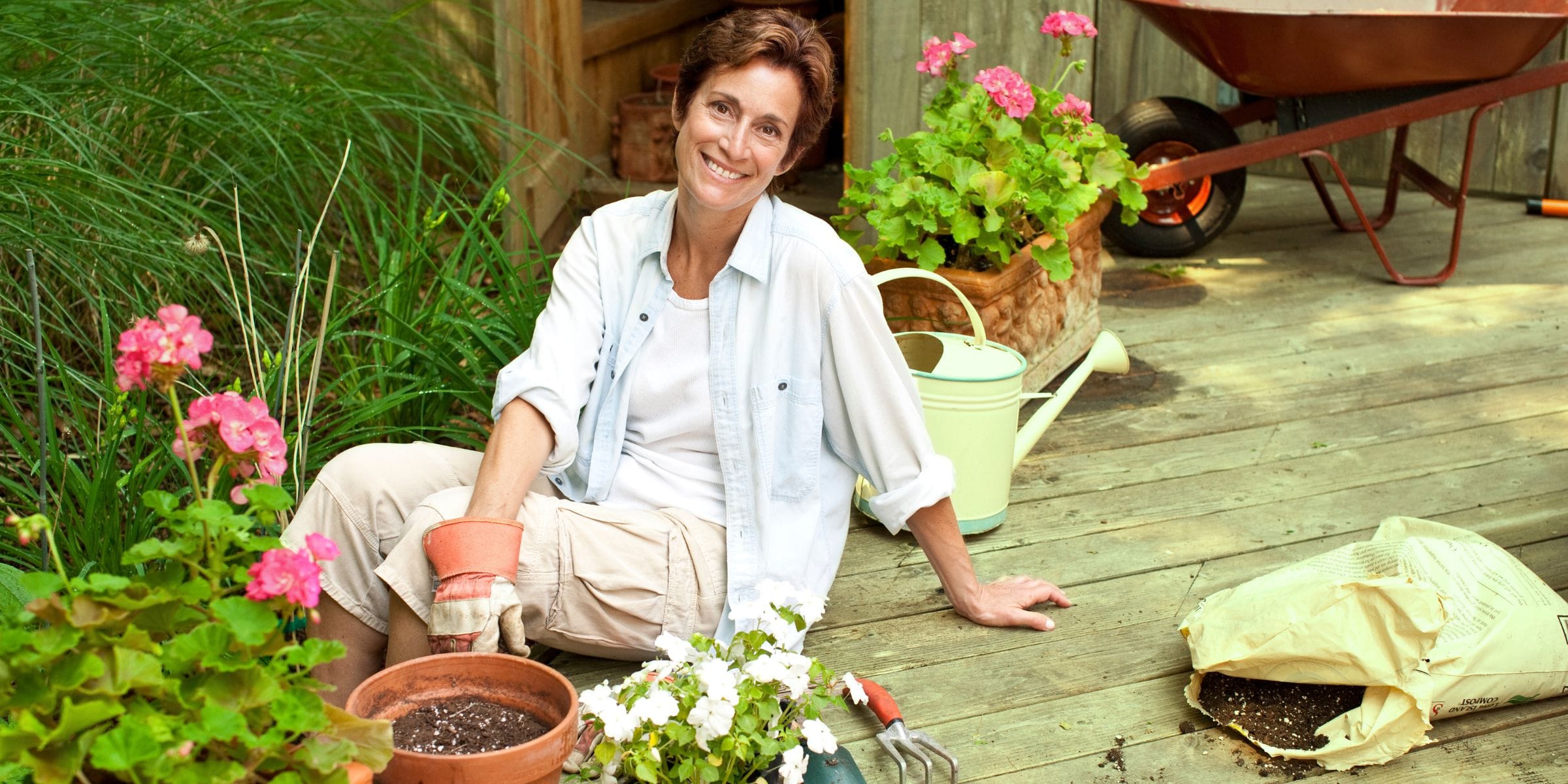
Hobbies are supposed to be fun, right? Something to do after a long day, or on a quiet weekend, that makes everything feel a bit lighter. It’s a way to unwind, get creative, or just zone out for a while. But sometimes, they don’t exactly hit that peaceful mark. Sometimes, they get a little too serious, a little too intense, and yeah, that relaxing hobby starts to feel like another thing to get right.
It happens with all sorts of things. Maybe it’s a home maintenance project that’s a little tougher than expected, maybe it’s cooking a new recipe that looks easy online but ends in smoke and disappointment. But it could even be a garden that’s meant to be calming, but somehow turns into an ongoing list of chores. These are examples, of course, but there’s plenty of other ones too.
Just generally speaking, it doesn’t mean the hobby’s bad. It just means it might need a bit of a reset.
Lower the Stakes
Well, the quickest way to make a hobby feel stressful is to start treating it like a performance. That pasta dish doesn’t have to be Michelin-star worthy. The houseplants don’t all need to thrive at the same time. And no one’s handing out awards for 100 percenting a video game.
Sometimes things will flop. Yeah, not ideal, but that’s part of it. So, just laughing at a burnt cake or walking away from a controller after three failed tries is still part of the experience. It’s only frustrating if every little hiccup feels like failure. Overall, just shifting the focus from “doing it perfectly” to just “doing it at all” makes the whole thing feel lighter and way more enjoyable.
Cut Corners when It Counts
Okay, here’s something else: not everything needs to be done the hard way. If a hobby starts to feel like it’s taking over your free time or stealing your energy instead of giving it back, it might be time to cut a few corners. Actually, gardening is a classic example. Everyone loves the idea of a peaceful garden stroll with a cup of coffee in hand. But behind the scenes, there’s weeding, trimming, watering, and mowing. And yeah, it all adds up.
Here’s a great example: swapping out high-maintenance plants for hardy ones can make a huge difference. So, can investing in tools that make life easier. Want another example? Well, using the best lawn mower for your yard setup, for example, can take a big chunk of effort off your plate. When it comes to cooking, even something like using an Instant Pot cuts corners, or using cheat codes or walkthroughs for video games, helps too.
Really, it’s about enjoying the hobby, why make it hard?
Take Breaks without Guilt
There’s this weird pressure to always be productive, even when relaxing. Like, if you’ve started a hobby, you’re expected to be working on it regularly. But that’s not how life works. Sometimes you’re tired. Sometimes you’re just not in the mood, and forcing it usually leads to even more frustration. So, just taking a step back doesn’t mean giving up. It means you’re making space for it to feel fun again later.
Remember Why You Started
Hobbies don’t need to have a goal. They’re allowed to be just for fun. For escape. For messing around. Not everything needs to turn into a side hustle or a big achievement. Really, this just can’t be stressed enough, so just remember why you started!
Pin This Post





